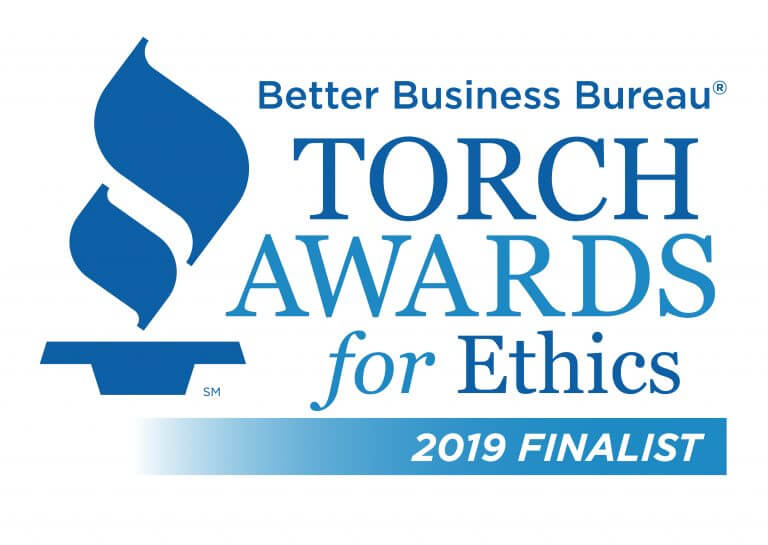|
Article by Matt Gannon Life is fundamentally about relationships and our connections to others. Humans operate to gain and maintain control (in varying degrees) within relationships: to ourselves, with others, to our environment, spiritually, and to our place in the larger world around us. This is like a balancing act we operate throughout our lives. We ascribe meaning and purpose to the different relationships. Many relationships will shift and change over time, while others remain relatively the same. Within our relationships we have choices and we maintain control of our time, effort, participation level and, the interests being served - all of which shape who we are, our characters, and our identities.  The Dementia Experience Dementia is progressive. Over time dementia demands a different type of communication to find and keep positive connections in relationships. Dementia creates a loss. For the people living with dementia, there is a progressive loss in abilities and independence. When we attempt to understand the dementia experience, what can become more understood is how a person living with dementia is losing a sense of control in their lives. One thing I have come to know well in my time of caring for people living with dementia is how life for them tends to become less about content and detail - and more about feelings. I also know people living with dementia do not lose their ability to feel, understand and recognize the emotion they are having when feeling it. They may not be able to understand and express fully why they are feeling what they are, but the feeling itself is familiar. Emotional memories are very deep-rooted memories and are still often more accessible and familiar (especially when utilizing the senses). The emotional experiences of a person living with dementia can be broken down into two categories: positive & negative. They may be feeling one way or another, or a combination of both at times, but how they are feeling and what they are feeling matters when it comes to providing care. Over time dementia demands a different type of communication to find and keep positive connections in relationships. What is Person-Centered Language? When providing person-centered care and communicating with a person living with dementia, it is important to do all we can as providers so the person ultimately feels more of a sense of control - this becomes our goal in each moment. It starts with an acknowledgment and validation to the moment you share, and to what emotion you sense is being felt. This can be done by communicating with feelings, both verbally and non-verbally. What is person-centered language and why is it important when caring for people who are living with dementia? It is about respecting the individual in our care approach at all times. Once we know the person we are caring for, we can plan and deliver care to them based on our knowledge of who they are as a unique person who also happens to be living with dementia. As you read the phrases below, ask yourself how does it feel to switch from one phase to another? I have a dementia resident.......
 When we move to using person-centered terms, our approach, attitude, tone, body language, and empathy can change. It will benefit both us and the person living with dementia because what we do and say can have a significant effect on how they are feeling. If we carry the right mindset, the right attitude, and the right outlook then we are ready in our right care approach. Less is often more when choosing the words we say as we communicate to a person living with dementia. Show more, talk less is generally a good formula. We pursue short, brief, and repeated words and sentences as many times as necessary. We strive to create words together that become familiar between us and familiar to whatever activity we may be doing within our routines, we can identify the words and use them repeatedly as they become mutually understood. We can look to use words the person living with dementia tends to use or respond best to, or phrases that mean something to them. It is up to us to learn what those important words and phrases are, and when we do, to share those words with anyone else who provides care to that person. When we move to using person-centered terms, our approach, attitude, tone, body language, and empathy can change. Insert positively-charged words into statements, such as “ah, that’s a good thing, that’s a good one isn’t it, I like that, I love that, that feels good, doesn’t that feel good? that looks good, and thank you”. A positive way of communication can be to offer suggestions over telling or directing what one needs to do. When assisting a person in any way, from pushing their chair in for them to buckling their seat belt, or helping to get a jacket sleeve on, it is important to seek their sense of satisfaction or approval before moving on to the next thing/task. This can be done by simply asking, “Ok then? Are you happy with that? Does that feel good? Is that a good one?” Or even doing the thumbs-up gesture and awaiting their response before moving on, as this communicates respect and how you see them and care enough to ensure they are satisfied with what you’ve done to assist, before another task or agenda takes over. This is person-centered language.  Why is this important? How much or how little we know about a person we are caring for makes a big difference. A person living with dementia is still the “person” they have always been and in many ways will continue to be. But they are also changing and different in some ways now. What they need from us the most is to SEE them for who they are and to know what makes them unique. By doing this we are reaching the center of a person and can care for them in a way that charts their personal care course - providing a feeling of control, not taking more away. Person-centered language is part of how we communicate to people living with dementia who depend on us to understand, and to be able to connect in the most respectful ways possible. Respect matters in all of our relationships, but for the person who is living with progressive dementia that is affecting their brain, we must ensure our approach and the language of our care is received in the way our residents living with dementia require - to have the strongest relationships we possibly can. What they need from us the most is to SEE them for who they are and to know what makes them unique. By doing this we are reaching the center of a person...
1 Comment
|
RECENT NEWSLETTERSBLOG Archives
September 2023
|
- About
-
Services
- Coaching or Consultation
- Dementia Care Support Services
- Pre-Purchase Assessment
- Pre-Remodel Inspection
- Open Your Home - Full Support
- Open Your Home - Complete Package
- Open Your Home - Existing Care Home
- Open Your Second Home - Essential Package
- Comprehensive First-Year Support Package
- Pre-Renewal Inspection Service
- Training
- Blog
- Podcast
- Resources
- Contact
About Oregon Care Home ConsultingOregon Care Home Consulting & Training is the compass that helps current and future APD adult foster care home licensees successfully navigate the licensing process and have a successful adult foster care home business. ORCHC provides coaching, consultation, training, and ongoing support. This ultimately saves time, reduces stress, and improves compliance, which allows AFH/ACH licensees to focus more time on providing excellent care to seniors and individuals with disabilities.
|
ContactOffice hours by appointment only
Oregon Care Home Consulting LLC 1500 NW Bethany Blvd., Ste. 200 Beaverton, OR 97006 |
terms_and_conditons.pdf
Disclaimer: Oregon Care Home Consulting LLC is not affiliated with the State of Oregon or Multnomah County Adult Care Home Program (ACHP). We are not State licensors, therefore we are unable to require compliance or guarantee your adult care home is in full compliance with current state and/or federal requirements. State and/or County licensors make the final determination of compliance. Additionally, we are unable to offer legal or medical advice, and no guidance provided by Oregon Care Home Consulting LLC should be construed as legal or medical advice. Always consult an attorney or doctor, when necessary.
HOME | ABOUT | TRAINING | SERVICES | CONTACT | PRIVACY NOTICE | TERMS
Disclaimer: Oregon Care Home Consulting LLC is not affiliated with the State of Oregon or Multnomah County Adult Care Home Program (ACHP). We are not State licensors, therefore we are unable to require compliance or guarantee your adult care home is in full compliance with current state and/or federal requirements. State and/or County licensors make the final determination of compliance. Additionally, we are unable to offer legal or medical advice, and no guidance provided by Oregon Care Home Consulting LLC should be construed as legal or medical advice. Always consult an attorney or doctor, when necessary.
HOME | ABOUT | TRAINING | SERVICES | CONTACT | PRIVACY NOTICE | TERMS
© 2018-2023 OREGON CARE HOME CONSULTING LLC. ALL RIGHTS RESERVED.







